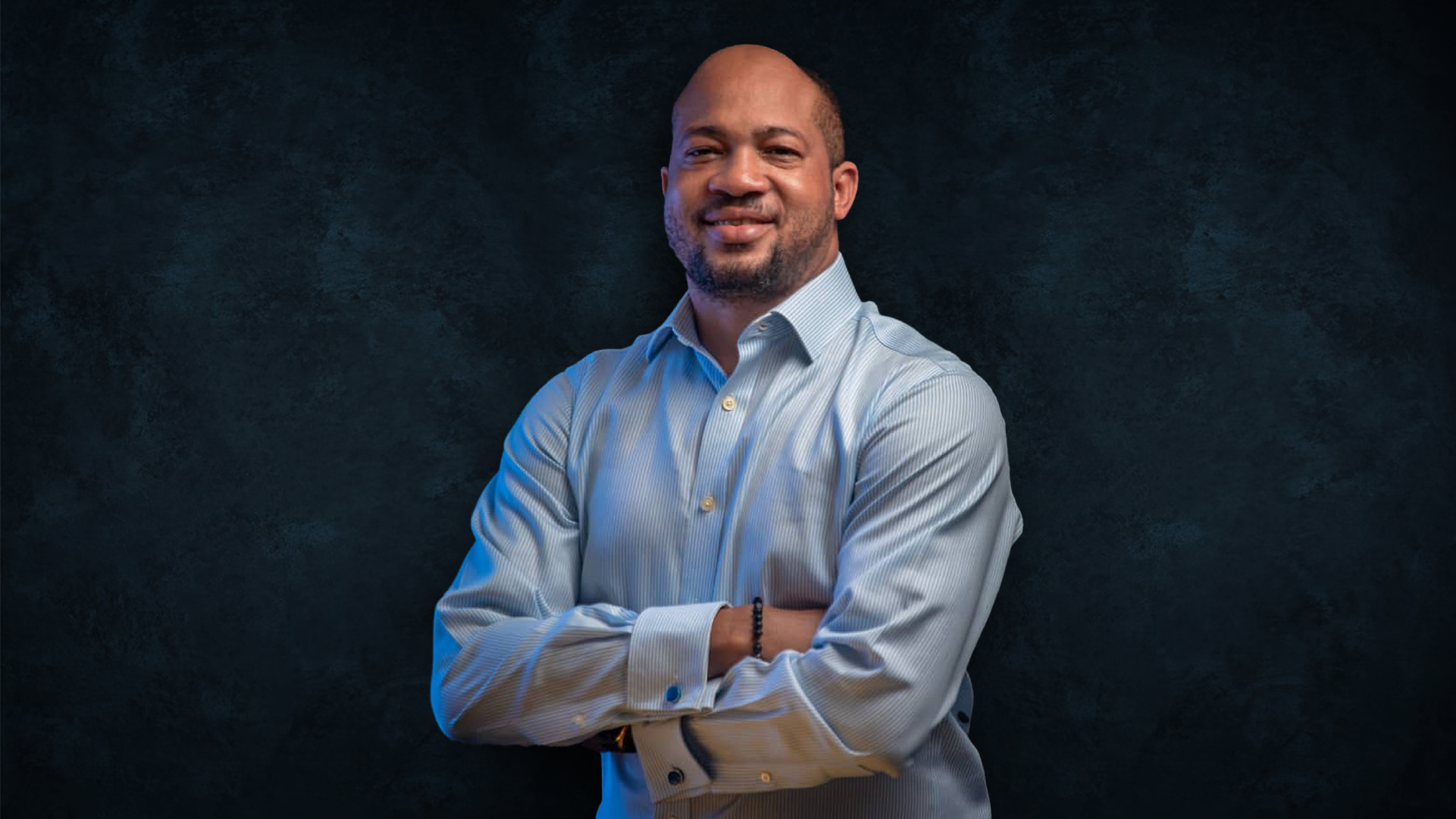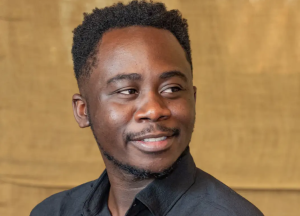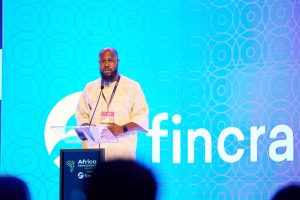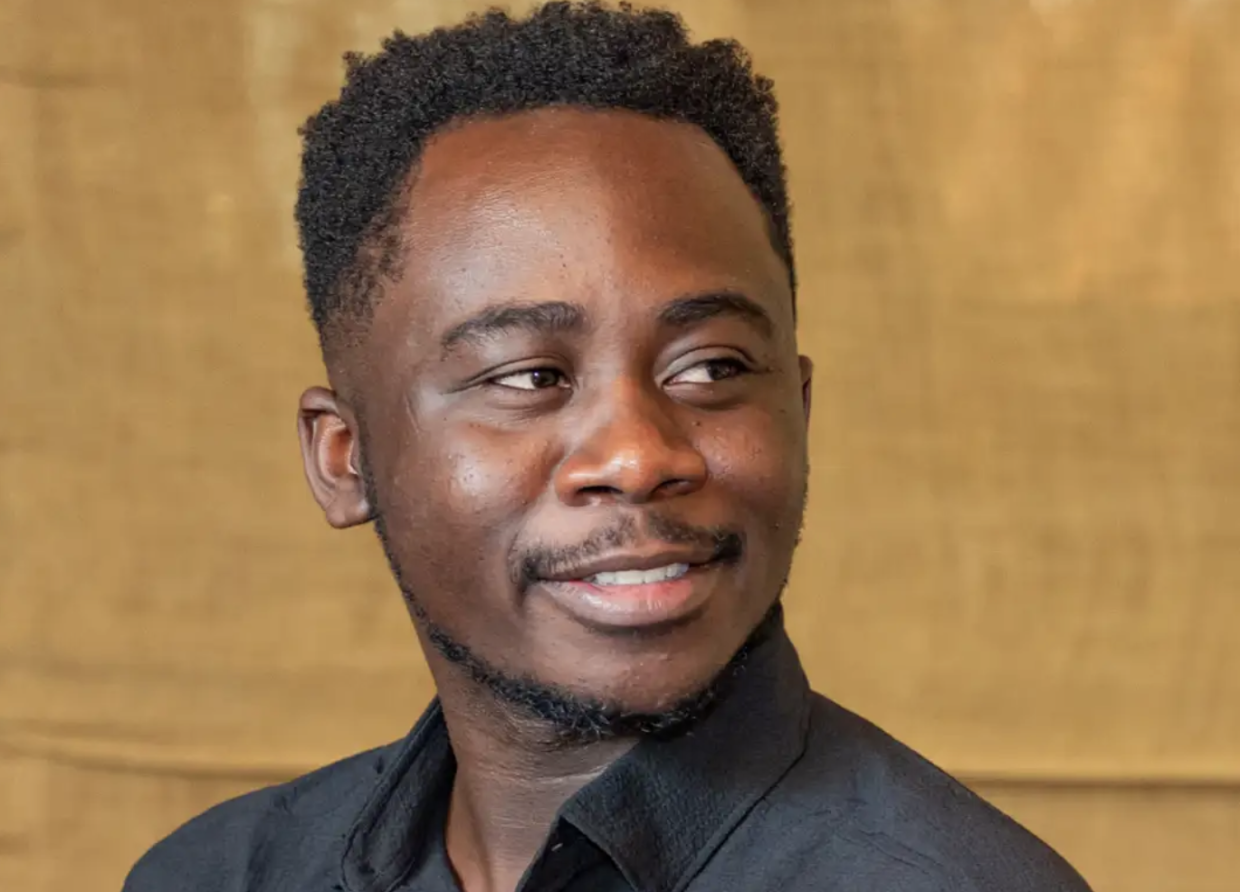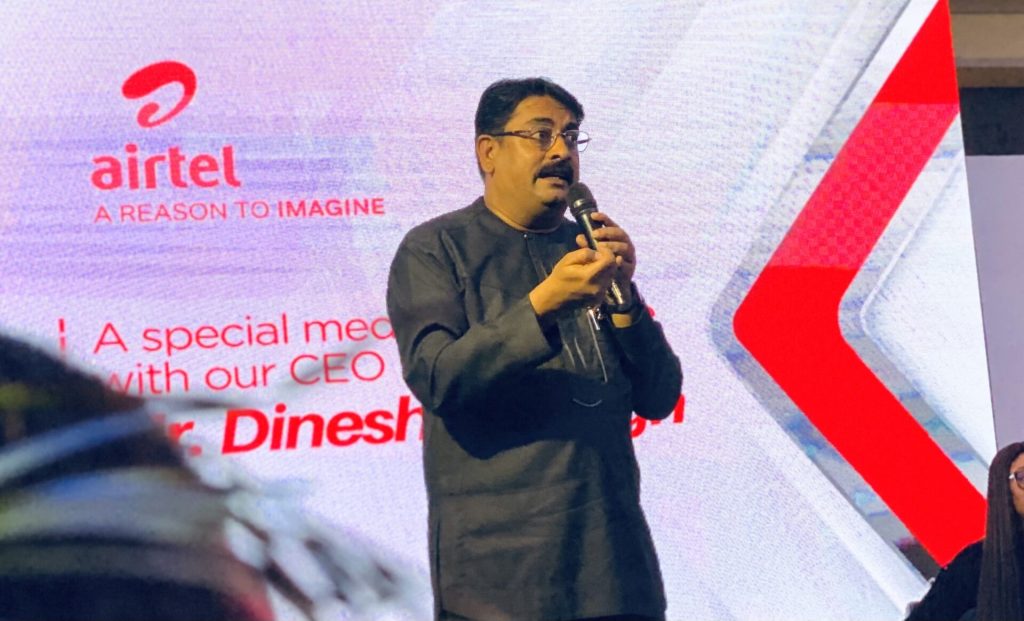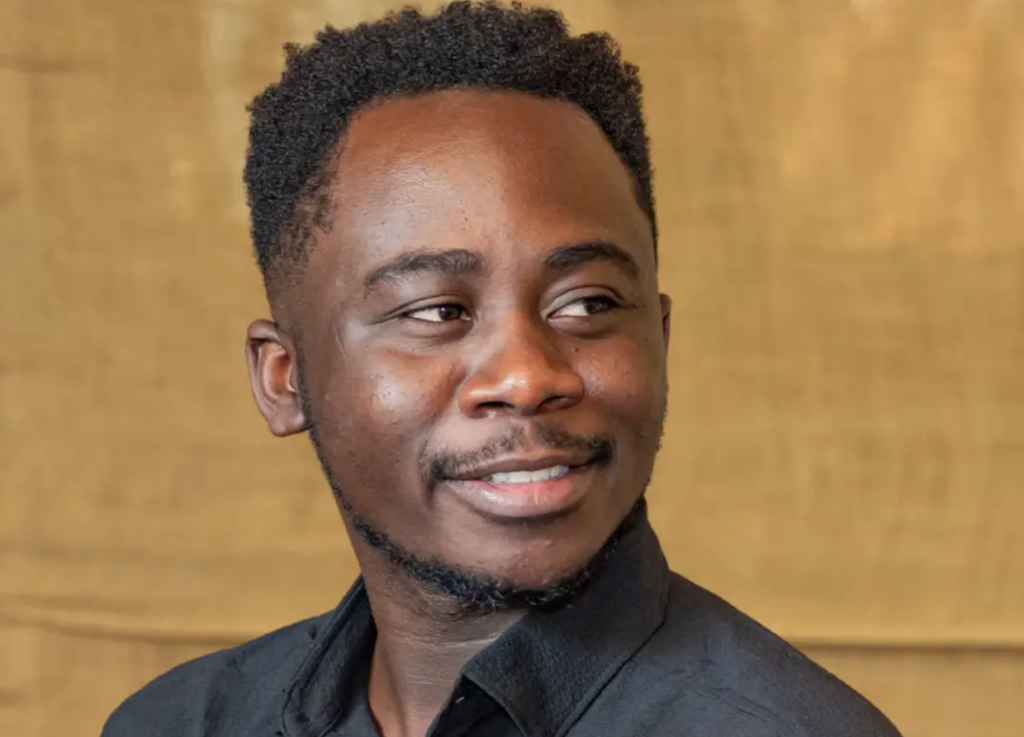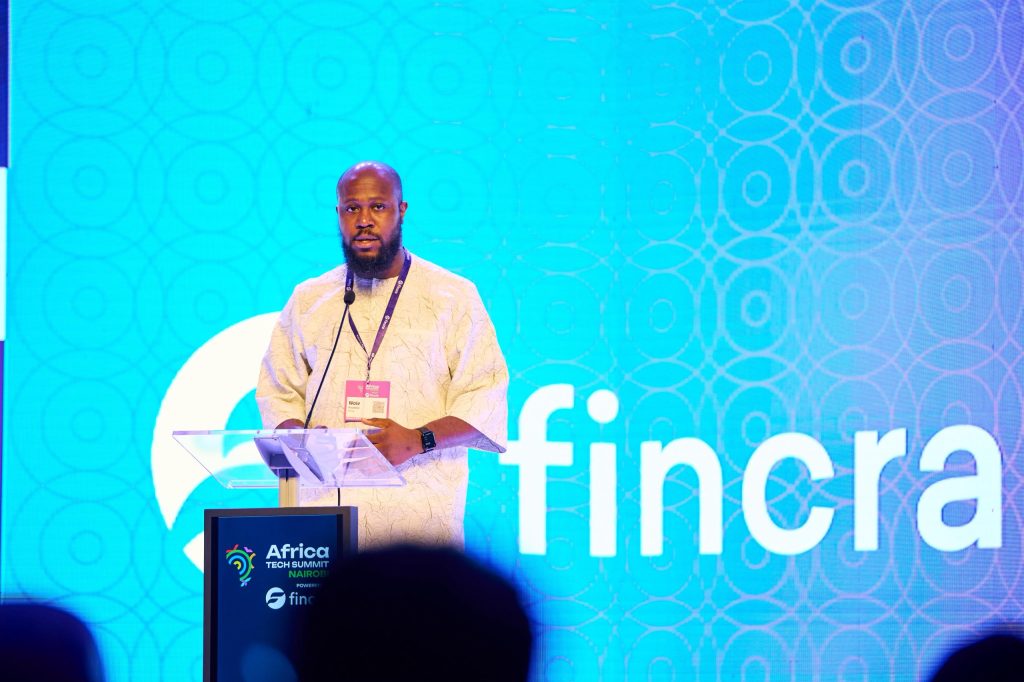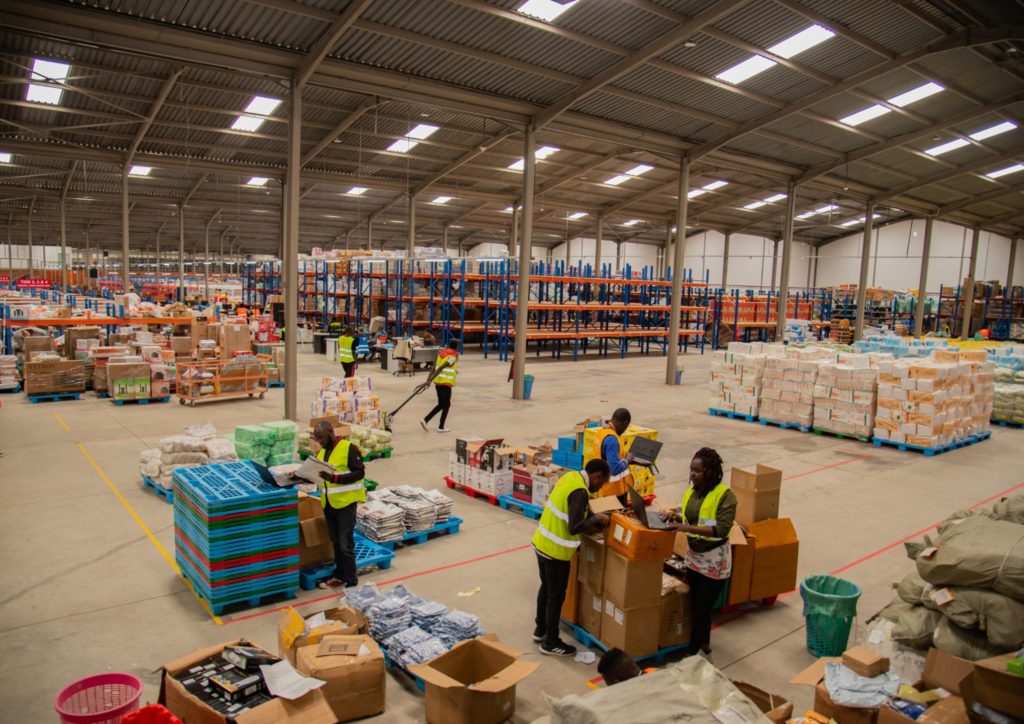This post was contributed by Luke Sheehan and CrossFund. CrossFund is a funding platform that helps investors from all over the world to invest in early-stage tech startups from emerging markets.
Moses Omuetha, founder of cardless credit charge platform Tribease, grew up in Obalende, one of the busiest locations in Lagos. From an early age, he had first-hand training in how people trade consumables for money and how they assign value to what they want and need. An intense “nightlife” community that never sleeps, his neighbourhood showed him how people yearn for all kinds of items and access that they cannot always afford in the moment. Says Moses of his homeland more generally, “Survival is tough but once you can make it in Nigeria you can make it anywhere. We are accommodating and open to new opportunities.”
Making things work would involve study as well as entrepreneurship. Hard grafting Moses holds a BSc in civil engineering and also a master’s in environmental management. He cites engineer Stephen Mayaki (former MD with UACN Property Development Company (UPDC), the foremost real estate company in Nigeria) as a life and work mentor, a source of insights about business and much else who displays a “practical approach to creating products and life.” Far from Nigeria but not the continent, South Africa-born Elon Musk’s doggedness is another template: an imagination that thrives on restlessness, expansion and smart risk-taking.
Work with real estate led to hands-on experience in product management, sales and marketing, business quality management, system development and process auditing across high-performing corporations in the space. As a founder, he created his own real estate company and co-founded a coworking space, Coworkstyle. All of the networking and social buzz he was engaged in as he built his network inspired him to tackle a problem: even as he worked in a solid corporate job, paying the bill after meals or social club outings could be a headache. He and his friends were forever “going Dutch” and some people might feel excluded, depending on their financial status.
Moses decided he would set up a company that would work with merchants and users. Why don’t merchants give credit? They fear it could lead to diminished business. Says Moses of Tribease, “The merchants can keep their businesses going” and people can enjoy access to clubs and spaces where they can boost their network, as well as goods and services. “Traditionally in Nigeria, access to credit is hard, unless you know the owner,” says Moses, but this situation is ripe for disruption. The Tribease user interacts with the app based on four creative categories that match what aspirational Nigerians want, whether it’s a new piece of tech or a stay in an upmarket hotel (which the app will even guide them to physically). They can “Treat / Use / Play / Stay” and rely on end-to-end quality as the merchant partners are carefully selected. Who are the users Tribease targets? Of the 41 million taxpaying salary earners in Nigeria, there are some 2.5 million young professionals—the high-net-worth individuals—who are also payers of school fees and rent and regular grocery bills, all figuring in the credit check. They are the trendsetters in a potentially $25 billion digital lending market in Nigeria, set to grow exponentially over the next five years. They are also Moses’s peers.
Tribease is already proving to be attractive to these Nigerians: the first milestones of 1,000 customers and 50 merchants in Lagos and presence in two other regions, Rivers State and Abuja were rapidly achieved. Next up?
Says Moses: “To grow within Africa, continue to sign partnerships, ensuring improvement of our offerings through partnerships across West Africa and beyond. We aim to partner with microlending businesses across the continent on the ground to fuel expansion. We have initiated successfully with a microlending business in Zambia already. Now, that similar model is meant to be repeated in Uganda and Kenya. We are also speaking to major international retail names in South Africa and with potential partners in Botswana.”
The impression Moses gives strongly is of a fast-moving founder who is taking a solid idea stress-tested by Nigeria’s competitive environment to the maximum number of new targets in Africa. His mission and the pain points of boosting the business quickly are revealed by two final questions: what hard knocks is the startup life giving, and what makes him happy?
First, “The life of an entrepreneur can be very lonely. The lesson is not to give up. I have learned not to be afraid to try new terrain… [and to be] persistent with what I believe. Having an open mind to engaging people will help you get to where you want to be. As for the last question, knowing full well what we have built is to help people bridge the spending inequality gap and being able to help working people out of stranded situations.
Each time I see a user who just paid successfully through our platform, it makes me happy.”
On the CrossFund partnership, Moses notes the “collaboration and mentorship” that come with the presence of Tribease in the CF portfolio. “The aim and the focus on early-stage ventures and the successes recorded made it an even better platform and suggests we are in good hands.”









